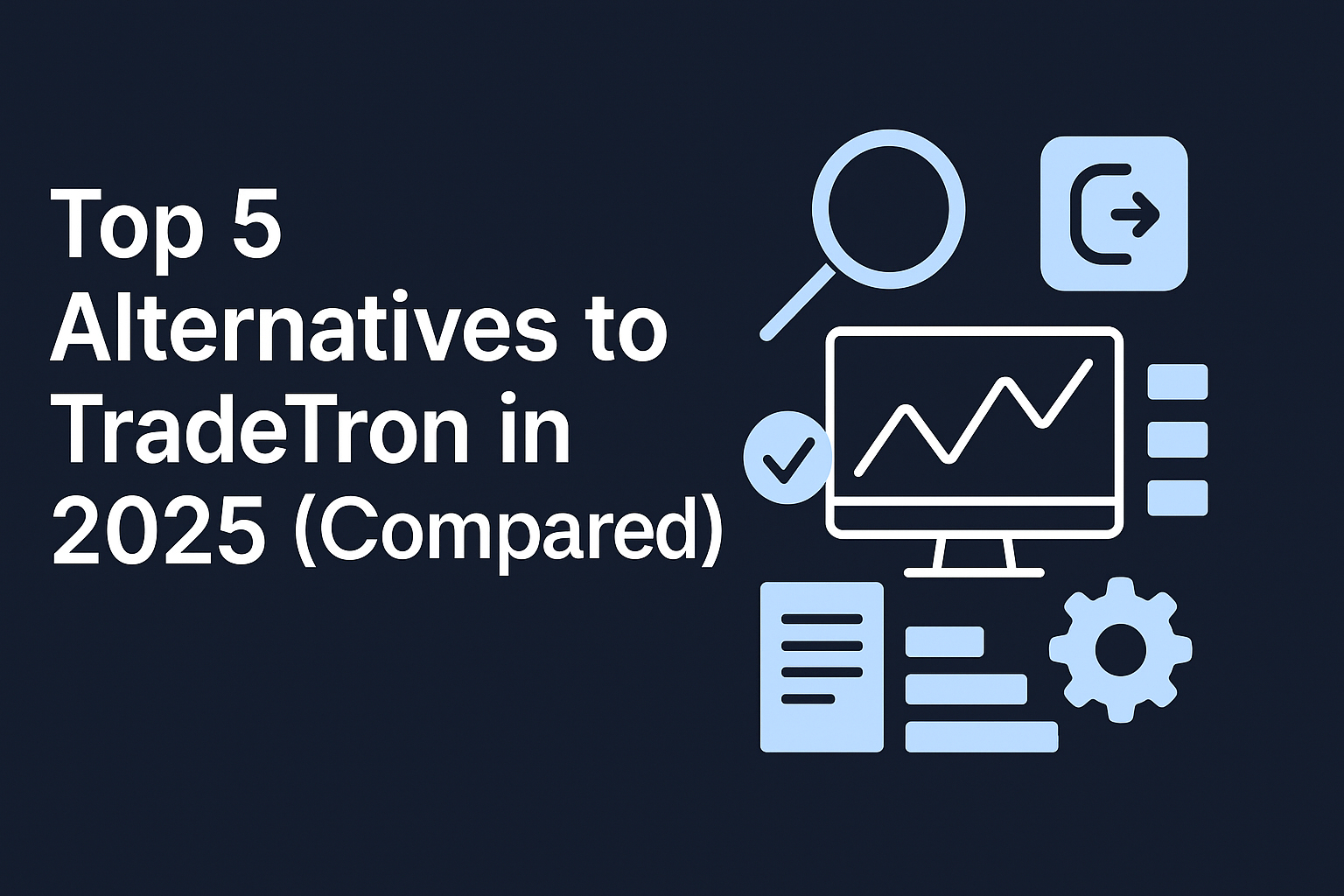Algorithmic trading, often referred to as algo trading, has revolutionised the world of financial markets. It involves the use of automated systems and computer algorithms to make trading decisions and execute orders. Algorithmic trading strategies offer the potential for increased efficiency, speed, and precision in trading, but it is not without its challenges and pitfalls. Successful algo trading requires a deep understanding of markets, disciplined risk management, and the ability to adapt to changing conditions. It's a world where technology and human decision-making intersect and where even the smallest mistake can lead to significant financial losses. Here, we will explore the top seven mistakes to avoid in algorithmic trading strategy development. These mistakes encompass various aspects of trading, from inadequate research and overreliance on automation to poor risk management and emotional decision-making. By understanding and avoiding these common pitfalls, traders can enhance their algorithmic advanced trading strategies and increase their chances of success in today's dynamic and competitive financial markets.
1. Insufficient Research and Planning
- Trading decisions should be based on thorough market research and analysis. Traders should understand the specific market they're entering, such as whether it's over-the-counter or on an exchange, the current market volatility, and other relevant factors.
- Relying on gut feelings or tips without evidence can be risky.
- A trading plan is essential. It includes your strategy, time commitments, and the capital you're willing to invest. A bad trading day doesn't mean your plan is flawed; it serves as the foundation for any new position. Maintaining a trading diary can help you track successful and unsuccessful trades, providing insights for future decisions.
- As markets evolve, your trading strategies should adapt accordingly. Avoid letting preconceived notions dictate what you trade or test. Often, what's widely accepted in trading may not work well. Being open to original strategies and testing new ideas can lead to more successful trades.
2. Software and Automation Pitfalls
- While trading software can be beneficial, traders must understand its pros and cons. Automated systems can execute trades faster, but they lack human judgment. Traders should be cautious, especially when using algorithm-based systems, as they can sometimes contribute to market volatility or flash crashes.
- Leverage allows traders to open positions with less capital, but it can amplify losses. It's crucial to comprehend the implications of leveraged trading fully. Trading on leverage without adequate knowledge can result in significant losses.
- Many traders make the mistake of not accounting for slippage and commissions when backtesting their strategies. This omission can lead to strategies appearing profitable when, in reality, they may not be after considering real-world trading costs. Backtesting strategies on platforms like uTrade Algos will help you analyse your strategies better as it provides accurate historical data.
3. Risk Management Errors
- Effective risk management is the cornerstone of successful algorithmic trading. Some traders make the mistake of focusing solely on profit potential and neglecting risk. Ignoring risk management can lead to significant losses, even if a strategy is profitable over time.
- To avoid this mistake, implement robust risk management strategies in your algorithmic trading system. uTrade Algos provides comprehensive risk analysis tools. These include setting stop-loss orders, position sizing, and using risk-reward ratios. Additionally, regularly review and adjust your risk management protocols as market conditions change.
4. Emotional Decision-Making
- Winning streaks are rare in trading. Success in one trade should validate your analysis and strategy rather than encourage impulsive, overconfident decisions. Avoid rushing into new positions solely based on past profits.
- Emotional trading can cloud judgment and lead to deviating from your plan. Emotional reactions to losses or unexpected profits can result in unplanned, ill-informed decisions. Stick to your trading plan to remain objective.
5. Unpredictability and Preparedness
- Unforeseen events can disrupt trading. Be prepared for unexpected internet outages, server crashes, or market-wide technological issues. Don't risk more than you can afford to lose, and always have contingency plans in place.
- Financial markets are dynamic, and what works today may not work tomorrow. Some traders make the mistake of developing a strategy and then letting it run without regular monitoring and adaptation. This can lead to underperformance or even losses when market conditions change.
- To avoid this mistake, set up a system for continuous monitoring of your algo trading strategies. Regularly review performance metrics and make necessary adjustments to adapt to changing market conditions. This can involve modifying parameters, adding new data sources, or even replacing underperforming strategies.
6. Trading Journal and Continuous Learning
- Regardless of trading style, maintaining a trade journal is crucial. It helps you learn from your mistakes and track your progress over time, fostering self-improvement and better decision-making.
- Trading is a business. Record-keeping is vital to evaluate what works and what doesn't. Analysing your trading data allows you to maximise strengths and minimise weaknesses, helping you make informed decisions and understand your trading persona.
7. Neglecting Transaction Costs
- Algorithmic trading often involves a high frequency of trades, which can result in substantial transaction costs. These costs, including commissions, spreads, and slippage, can significantly impact the profitability of your strategy. Ignoring transaction costs in strategy development can lead to unrealistic profit expectations.
- To address this mistake, incorporate transaction costs into your backtesting and simulation processes. Understand the cost structure of your broker and evaluate how transaction costs affect the overall profitability of your strategy. This will help you develop strategies that are economically viable in real-world trading.
Algo trading strategies offer numerous advantages, but the path to success is riddled with potential pitfalls. By avoiding these top seven mistakes in algorithmic trading strategies, you can significantly increase your chances of developing and maintaining profitable advanced trading strategies. Remember that success in algorithmic trading requires a combination of research, risk management, adaptability, and discipline.












